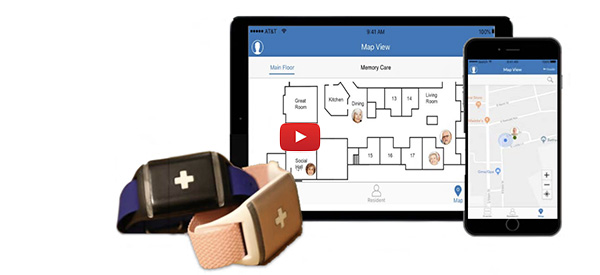
An estimated 5.8 million older adults in the United States live with Alzheimer’s disease and related dementias (ADRD). CareBand, the maker of a wearable activity and location monitor for patients with ADRD, has partnered with various institutions to conduct research in support of ADRD patients and their caregivers.
During Careband’s 2nd annual research webinar on October 28th, senior research manager Grishma Reddy explained its trifold focus for current studies. This focus involves addressing caregiver burdens, detecting neuropsychiatric symptoms of ADRD, and incorporating social determinants of health into health technology solutions. CareBand hopes the results of this research will enhance CareBand’s function and expand its application while providing new insight into the disease.
A four-week pilot study involving clinicians from the Edward Hines, Jr. VA Hospital will examine caregiver monitoring using CareBand. Study participants include community-dwelling caregivers. Typically, these are family members who live with and care for a relative with Alzheimer’s disease.
Neuropsychiatric symptoms, the second area of research, differ from the cognitive symptoms associated with ADRD. Examples include depression, agitation, aggression, hallucination, and psychosis. Neuropsychiatric symptoms can occur during all stages of Alzheimer’s; they are often some of the earliest signs of the disease, appearing before noticeable memory loss and cognitive impairment.
An ongoing study, funded by the NIH Small Business Innovation Research (SBIR) program and conducted in partnership with Indiana University, seeks to identify biomarkers of early ADRD, particularly agitation. The study will also determine if CareBand can use these biomarkers to identify early signs of the disease.
The final aspect of CareBand’s comprehensive research strives to understand the impact of marginalized identities and underserved communities on the progression of ADRD and care access. A study with the University of Minnesota (UNM) focuses on how technology can increase access to care for rural communities.
With the UNM Memory Keepers Medical Discovery Team, CareBand has ongoing studies assessing how health technology can incorporate cultural sensitivity. The research team recently published a peer-reviewed paper in the Journal of Rehabilitation and Assistive Technologies Engineering regarding the advantages of CareBand for indigenous communities in remote locations.

